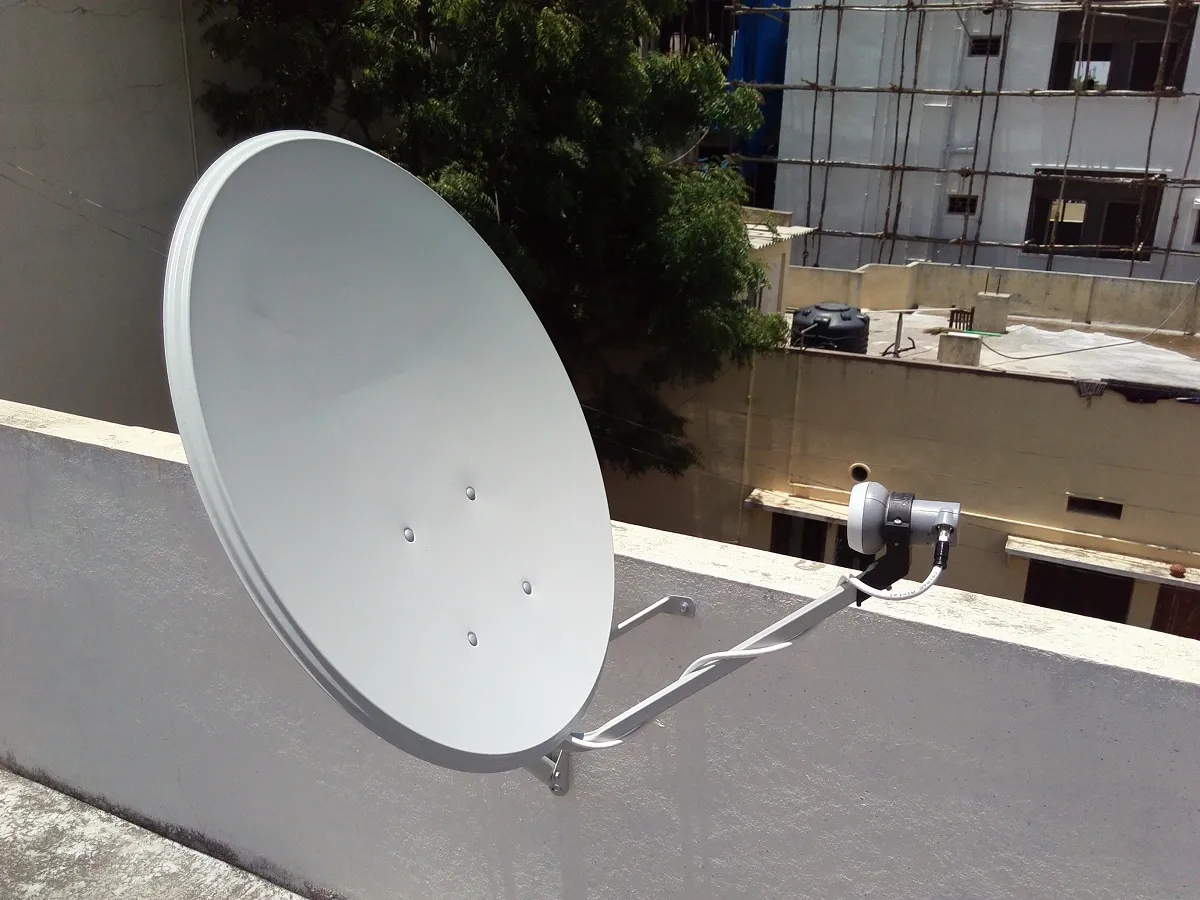Business News
TRAI pushes for interoperable set-top boxes, phasing out DTH fees under Telecom Act
.png)
4 min read | Updated on February 21, 2025, 16:46 IST
SUMMARY
TRAI, has released recommendations for a new broadcasting authorisation framework under the Telecommunications Act, 2023.

The proposed system replaces the existing licensing model with an authorisation-based regime, covering television broadcasting, DTH, FM radio, and more.
India's telecom regulator TRAI on Friday released its recommendations for a new framework governing broadcasting service authorizations under the Telecommunications Act, 2023.
The proposals, aimed at streamlining regulatory processes and improving ease of business, suggest replacing the existing licensing system under the Indian Telegraph Act, 1885, with an authorisation-based regime. The new framework covers services such as television channel broadcasting, direct-to-home (DTH), head-end in the sky (HITS), FM radio, and community radio stations.
The Ministry of Information and Broadcasting (MIB) had sought TRAI’s recommendations in July 2024 to bring broadcasting service regulations in line with the Telecommunications Act, which replaces the Telegraph Act. TRAI subsequently launched a consultation process in October, gathering stakeholder feedback and conducting an open house discussion in December.
“Based on the comments and counter-comments received from stakeholders as well as inputs gathered during OHD, examination of the existing provisions of various broadcasting policy guidelines, taking into account relevant earlier recommendations of TRAI that are under consideration of the Government, and its own analysis, TRAI has collated and restructured the terms and conditions into a simplified authorisation framework,” a release said.
TRAI recommended a voluntary migration for existing license holders to the new framework, without processing or entry fees. The regulator has proposed a gradual elimination of authorisation fees for DTH services by the end of the 2026-27 fiscal year and has harmonised financial requirements for various broadcasting services.
| Conditions | Existing | Recommended |
|---|---|---|
| Authorisation Fees (erstwhile License Fee) for DTH services | 8% of AGR | 3% of AGR, to be reduced to ‘zero’. No authorisation fee after the end of FY 2026-27 |
| Authorisation Fees (erstwhile Annual Fee) for Radio Broadcasting Services | 4% of GR or 2.5% of NOTEF, whichever is higher; 2% of GR or 1.25% of NOTEF for NE states, J&K and island territories during initial 3 years, thereafter as above | 4% of AGR for all the cities; 2% of AGR for NE states, J&K and island territories during initial 3 years, thereafter as above |
| Bank Guarantee for DTH Service | Rs. 5 crore initial, thereafter License Fee of two quarters | Rs. 5 crore or 20% of Authorisation Fee for two quarters, whichever is higher |
| Bank Guarantee for HITS Service | Rs. 40 crore for initial 3 years | Rs. 5 crore for the validity of authorisation |
| Processing Fees of HITS Service | Rs. 1 Lac | Rs. 10000 |
| Validity Period of HITS Service | 10 years initially, no provision for renewal | 20 years with renewal by 10 years at a time |
| Renewal Period for Terrestrial Radio Service | No provision for renewal in FM Radio | Renewal by 10 years at a time |
New service categories such as ground-based television broadcasting and low-power small-range radio services have also been introduced. It proposed making radio broadcasting technology-agnostic and removing mandatory co-location requirements for radio service providers.
TRAI also urged the adoption of interoperable set-top boxes (STBs) for television distribution services to improve consumer choice and reduce electronic waste. The Telecommunications Engineering Centre (TEC) is expected to set standards for these STBs and integrated television sets.
The regulator has advised delinking terrestrial radio service authorisation from spectrum assignment, recommending that spectrum auctions for radio services be conducted separately. It has also proposed allowing terrestrial radio service providers to concurrently stream content online without user control.
To improve infrastructure sharing, TRAI has suggested allowing voluntary resource-sharing agreements between broadcasting and telecom service providers where feasible.
The recommendations will be reviewed by the government before the final rules are framed and notified under the Telecommunications Act, 2023.
By signing up you agree to Upstox’s Terms & Conditions
About The Author
Next Story

